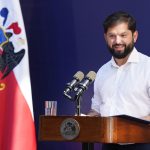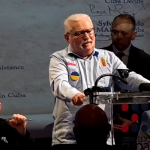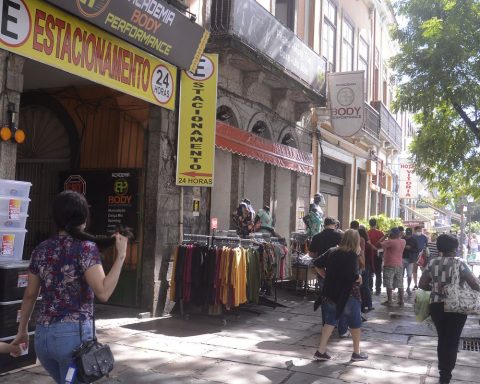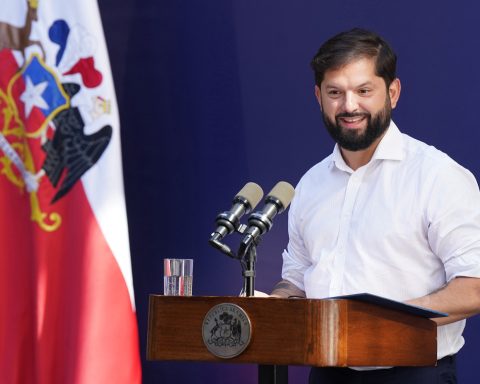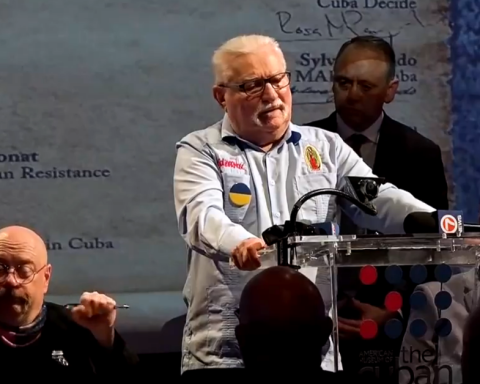At the recent G20 summit held in Rio de Janeiro, the Argentine president Javier Milei faced a complex scenario that tested the limits of its foreign agenda and confirmed the list of its geopolitical adversaries.
The participation of Javier Milei In this global forum he revealed both his strengths and the difficulties inherent in his disruptive approach to foreign policy. The president came to the G20 with the intention of promoting a foreign policy based on libertarian and free market principles, seeking to distance himself from the region’s traditional policies.
However, he quickly encountered the reality that his approach has significant limits in the international context. Despite his strong rhetoric and desire to break with the status quo, Milei had to moderate his diplomatic offensive so as not to isolate Argentina on the global stage.
During the summit, Milei He found that he has few allies in Latin America. Countries like Brazil, led by Luiz Inácio Lula da Silva, and other leaders in the region such as Gustavo Petro of Colombia, Claudia Sheinbaum of Mexico and Gabriel Boric of Chile, showed clear opposition to their policies.

These leaders, with a more progressive and left-wing vision, see Milei as an anomaly in the regional political system, making it difficult to form strategic alliances on the continent. Despite the lack of support in Latin America, the president found support in the G7 countries, including the United States, France and Japan.
These countries value their pro-market stance and their alignment with liberal economic policies. However, this support is not enough to counteract the criticism and isolation it faces in other regions.

External agenda
One of the most controversial points of Milei’s foreign agenda is his firm support for Israel, which has generated tensions with several Middle Eastern countries. His unrestricted defense of Israel and his criticism of the UN for being a “decadent elite” that does not resolve global conflicts have led to his name being placed on the blacklist of several fundamentalist Arab countries.
This position has complicated Argentina’s diplomatic relations with these nations, limiting opportunities for cooperation and dialogue in a key region of the world. At the multilateral level, Javier Milei also faced significant challenges. During the summit, he withdrew Argentina from the Climate Change Conference in Baku and rejected initiatives linked to women and social networks.
follow us on Google News and on our channel instagramto continue enjoying the latest news and our best content.








